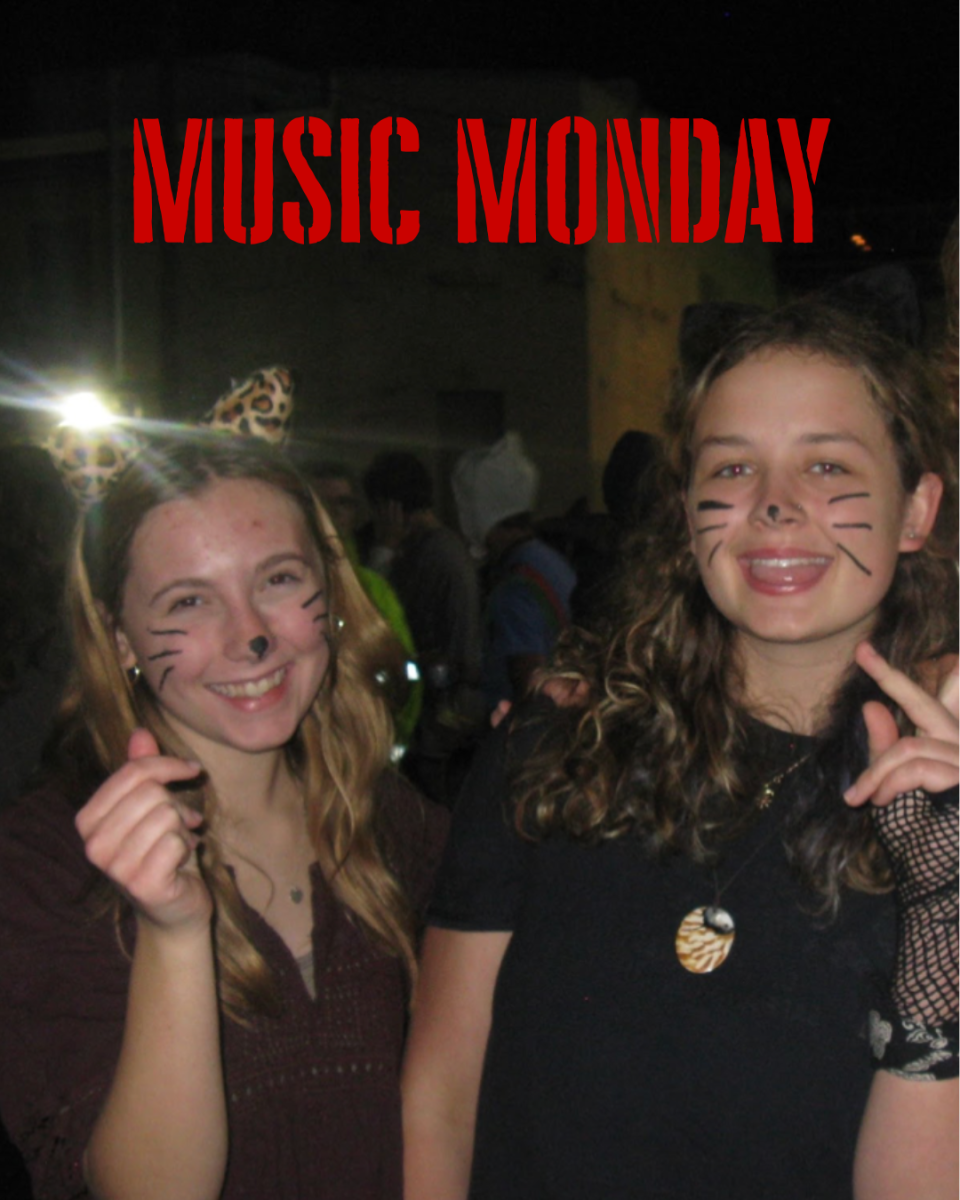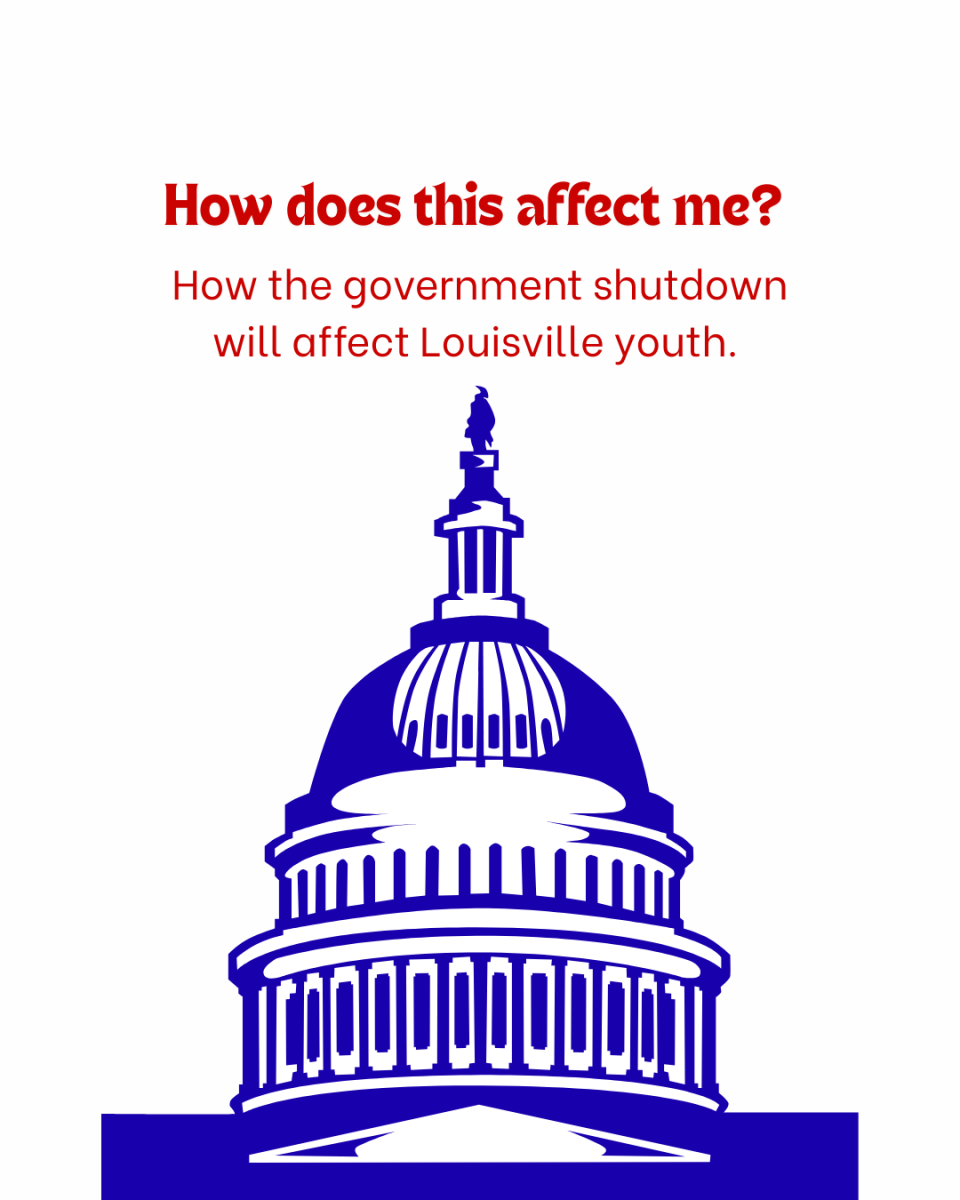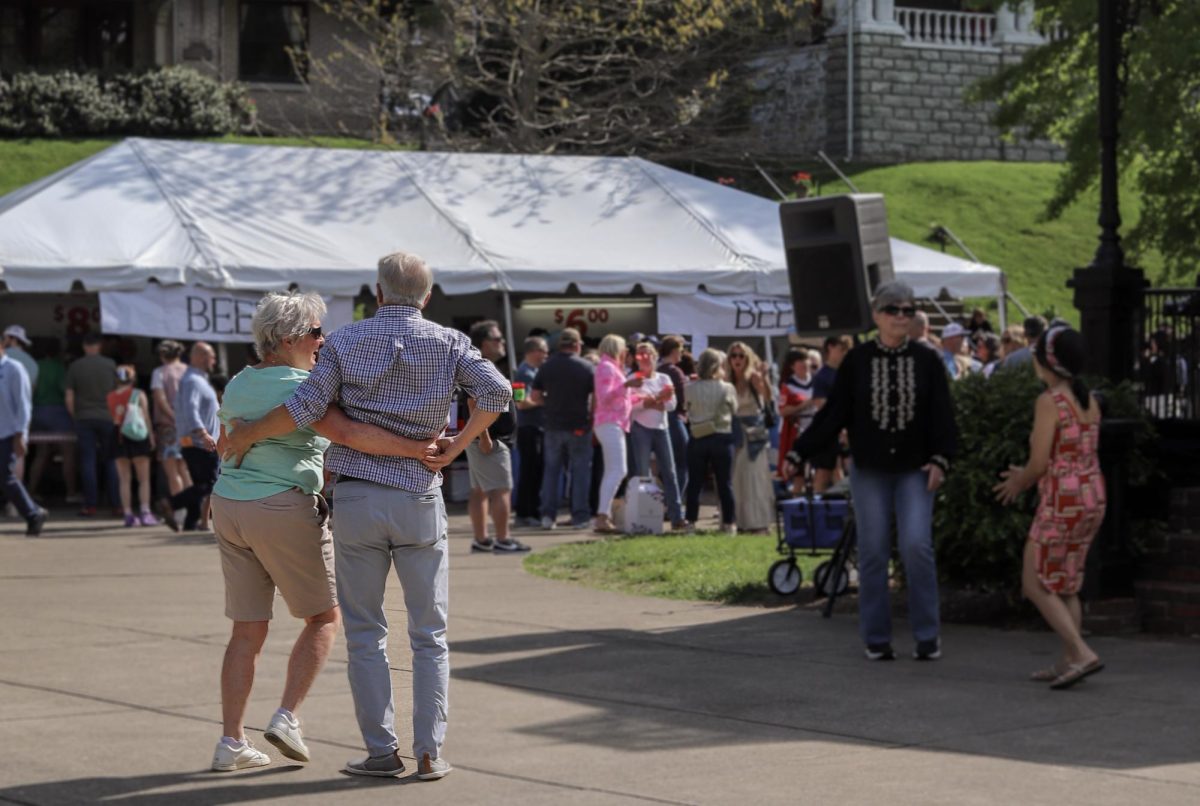April Morris was homeless for six years, from April 2017 to September 2023. After her 23-year-marriage ended, she and her kids had no choice but to move in with her grandmother. However, tensions between her kids and her grandmother led Morris to ultimately decide to move onto the streets. She lived on the streets with her kids until 2019, when her ex-husband took full custody of them.
Morris remained on the streets for a little over a year before an outreach organization found her and made “first contact” — a term for the first interaction between an unsheltered individual and an outreach organization. Jacobs Ladder Outreach, one of the many Louisville-based nonprofits for the homeless, provided Morris with information regarding the process to secure housing, going into rehab, and acquiring medical treatment — which are common services organizations can put people in contact with.
During this visit, Morris filled out the preliminary forms necessary to begin the process of obtaining a housing voucher, but the street conditions kept her from pursuing it any further.
“It’s not like your priorities at that time,” Morris said. “You’re just living day to day, you know, hour to hour, second to second. You’re just trying to get through the day.”
When living on the street, there are no guarantees. One night one might be living under a bypass, and the next they might be hidden behind a tree. There could be a bunch of people in one spot, or no one for miles. There are open fields and hidden spots to rest all around the city — but many are illegal to camp in.
Camping is the process of building a temporary shelter with intentions to sleep or reside there for any period of time. There are camps like these scattered across Louisville, but they are yet another uncertainty, because teams of people are authorized by the city to remove them. If a homeless individual is not present for these clearings, their belongings will be picked up and thrown out.
“Every day’s a fight to keep what you got,” Morris said. “You don’t know if you’re gonna leave one day and you come back and you have nothing.”
In most cases, notices are supposed to be posted around the camp before a clearing is made, but even then it can be hard for individuals to find a new place to stay.
Morris was cleared over seven times, and each time, the question plagued her: Where could she go?
Sure, there are shelters throughout the city, but either they are to capacity, or their facilities aren’t as private as many perceive the streets as.
That was one of the main reasons Morris preferred the streets; the privacy.
“You’re staying away from everybody else,” she explained.
However, as time went on, the streets began to take a toll on her, and she realized she wouldn’t be able to continue there forever.
“I said, ‘Sherry, I can’t do this no more, I gotta get off these streets,’” Morris recalled from an interaction with an outreach worker.
To do so, she first had to reach out to the Coalition for the Homeless to get a housing voucher. From there, she took the common assessment, a short survey that the coalition uses to gauge the right resources for one’s situation. This could include mental help, drug rehab, or medical attention. Then, she attended meetings with the Phoenix Health Group, a healthcare facility funded by the Coalition, followed by meetings with a therapist.
There are three types of vouchers. One is a “permanent supportive housing voucher,” another lasts for a year, and the other lasts for two.
After years of persistence, Morris secured the permanent voucher, meaning she has and will continue to have housing for the rest of her life. This housing can come in the form of any type of shelter, but the type Morris obtained was an apartment. However, moving in wasn’t as simple as it seems.
“There was people out there that should have got a voucher before me,” Morris said.
So, when she’d originally secured the housing, she refused to move into her apartment for 45 days. Instead, she stayed in her previous camp, checking up on the people she had been taking care of for months.
“I was always the mom out there to everybody, making sure everybody had food, making sure everybody had what they needed,” Morris said.
Though she’s moved into her apartment now, she continues to provide anything she can for the people in her old camp.
“You come up to me and say, ‘April I need clothes,’ or ‘April I need this,’ if I don’t have it, I’m gonna surely try my damnedest to make sure I get it for you,” Morris said firmly.
However, with an uptick in camp clearings and legislation that threatens the livelihood of homeless people, her ability to do so stands to become much, much harder.
Read more about the removals and legislation impacting the homeless people of Louisville in On the Records Spring/Summer 2024 Issue, Final Stop.














April morris • May 27, 2024 at 7:09 pm
This is April Morris. Nora I just want to say “You have done a wonderful job writing this story. It has me in tears.”
Thank you for not being afraid to take a situation that some seem people take lightly because they’ve not been there, but I have and Thank you again.
If anyone needs more help or info , please contact Coalition for the Homeless or me on Facebook April Morris. You don’t have to fight homelessness alone, I April will fight for u too!!
Thank u again Nora